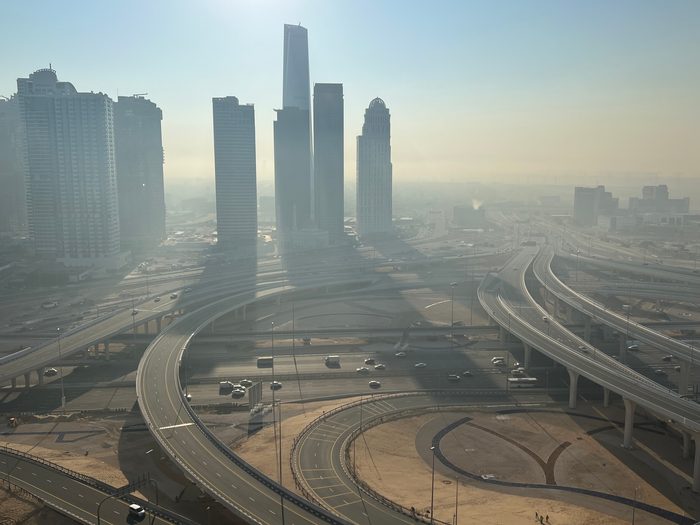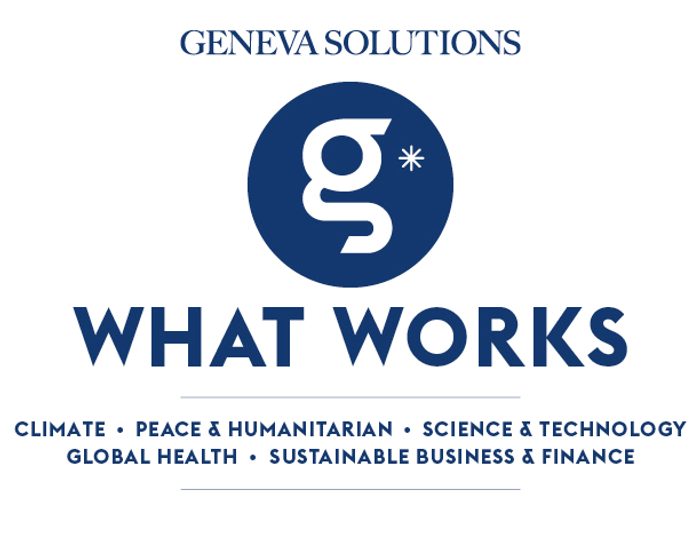Hello, this is Kasmira. Cyber threats have grown in scale and complexity, with international Geneva’s humanitarian and human rights organisations an easy prey for hackers, a recent report released by the CyberPeace Institute reveals in alarming detail. Its chief executive Stéphane Duguin tells us how the intensifying conflict landscape is putting them at an even greater risk. |

|

(Markus Spiske/Unsplash)
|
|
Urban legend has it that thieves maintain codes of honour – like Robin Hood only stealing from the rich. But the spike in the number of cyber attacks on healthcare facilities during the Covid-19 pandemic proved that there are no ethical lines that some hackers are not prepared to cross.
There are no exceptions either for Geneva’s 432 NGOs, which are no more immune to being attacked than any commercial company, says CyberPeace Institute chief executive Stéphane Duguin. Their critical role in providing support in conflict and fragile settings is precisely what can make them more vulnerable to attacks, he warns.
The institute’s latest report published last Friday reveals that 41 per cent of the Geneva-based organisations surveyed have been hacked in the last three years, while 70 per cent admitted that if an attack were to happen, they would not be resilient enough to recover.
Read the full story on Geneva Solutions
|
|
Here's what else is happening
|

View of central Dubai. (Geneva Solutions/Paula Dupraz-Dobias)
|
|
Car kingdom.
Midway into the two-week-long Cop28 climate talks in Dubai, emotions are following the trajectory of global temperatures and bickering between countries has set in over language on key issues on the negotiation table.
The conference venue was closed for its off day, providing participants with a bit of rest ahead of the final stretch of talks. With pressure rising from small island states and other developing countries to proclaim a fair and equitable phase-out of all fossil fuels, the host country offers an example of the track they wish to avoid.
The car in the United Arab Emirates is king, multiple-lane highways crisscross Dubai with its neon-blue lit canals and perpetual haze hangs over the skyline.
– Paula Dupraz-Dobias, Dubai
|
|
|
GS news is a new media project covering the world of international cooperation and development. Don’t hesitate to forward our newsletter!
Have a good day!
|

|
|
Avenue du Bouchet 2
1209 Genève
Suisse
|
|
|
|









